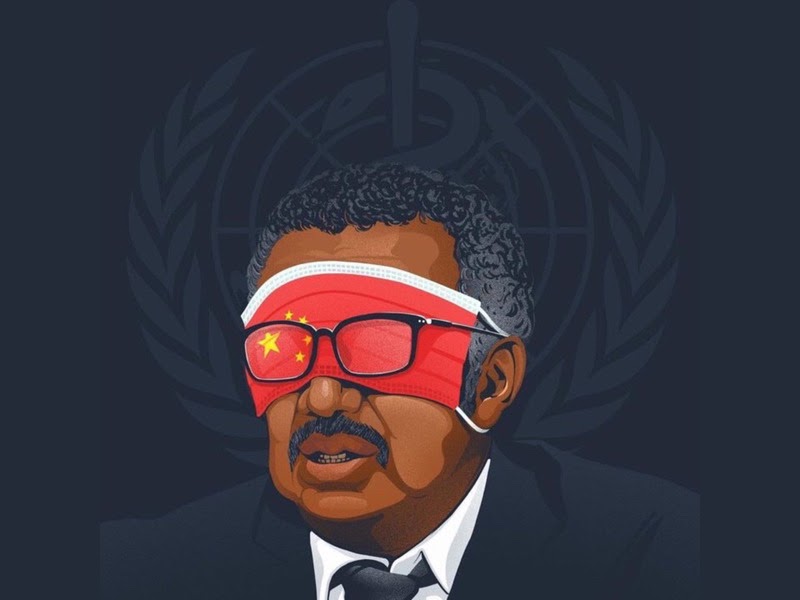Censoring a pandemic — the banned words of WeChat
China has censored private messages and public posts on WeChat since the beginning of the COVID-19 pandemic. A new report looks at what words have been verboten.

The Citizen Lab at the University of Toronto has released another interesting report on how WeChat censors its users: Censored Contagion II: A Timeline of Information Control on Chinese Social Media During COVID-19.
The data is based on daily tests on WeChat that “collected 2,174 censored keywords related to COVID-19 between January 18 through May 14, 2020.”
- The censored content is a good guide to “areas of sensitivity for the Chinese government from how the virus is contained in China, international diplomacy, and ongoing tensions between the U.S. and China.”
- There was also “censorship of health-related information, including the number of confirmed COVID-19 cases and deaths, as well as references to personal protective equipment supplies and medical facilities.”
Some of the more interesting censored terms and word combinations include:
- Since January 3 + notified U.S. of + epidemic
- Person-to-person + investigation + research + virus
- U.S. Centers for Disease Control + coronavirus
- Cover up the facts + Rèn Zhìqiáng 任志强, and Mr. Ren + missing (Ren wrote an essay critical of Xí Jìnpíng’s 习近平 handling of COVID-19, which landed the tycoon in detention)
- Ambassador to France + epidemic situation + diplomat + foreign minister + non-conformance (see: France summons Chinese ambassador after coronavirus comments spark outrage)
- Experienced traditional Chinese medicine doctor Trump
- Trump + virus + U.S. dollar
- Bannon + bio lab
- Lǐ Wénliàng 李文亮 + publish article + rest in peace + U.S. senator + treats China
Key takeaway
The censors seem to have been concerned with two main things:
- Spread of information about the virus from unofficial sources, especially in the early days of the pandemic.
- Circulation of criticism of China in foreign countries and by foreign officials.






